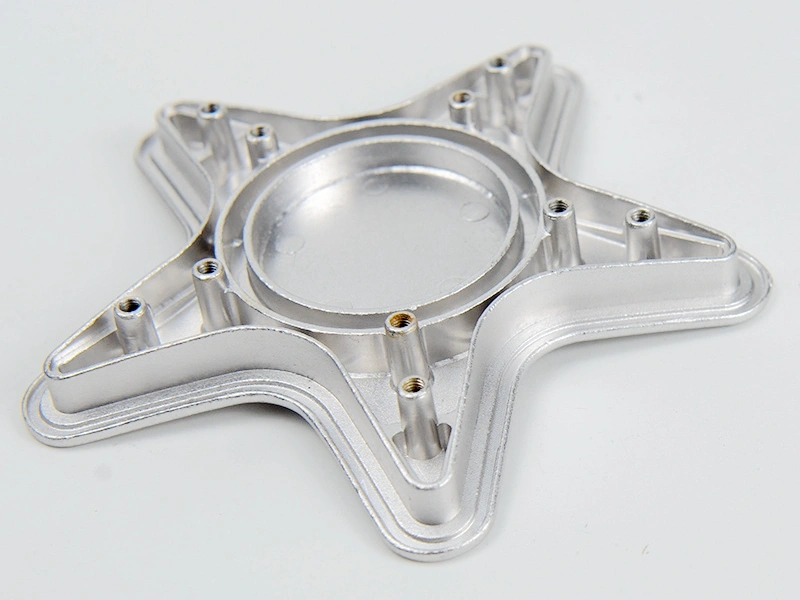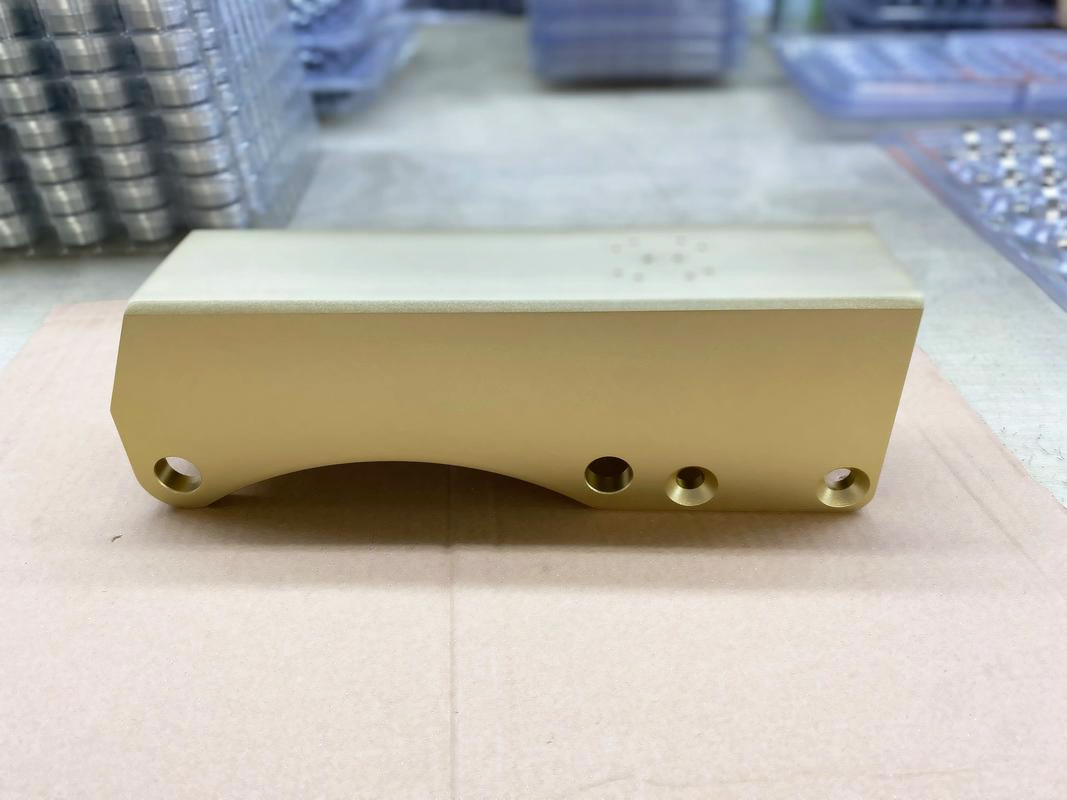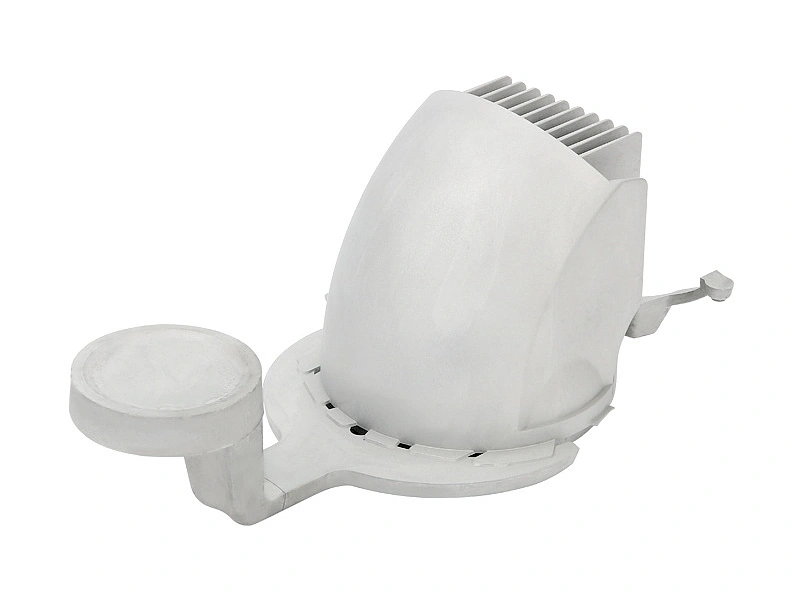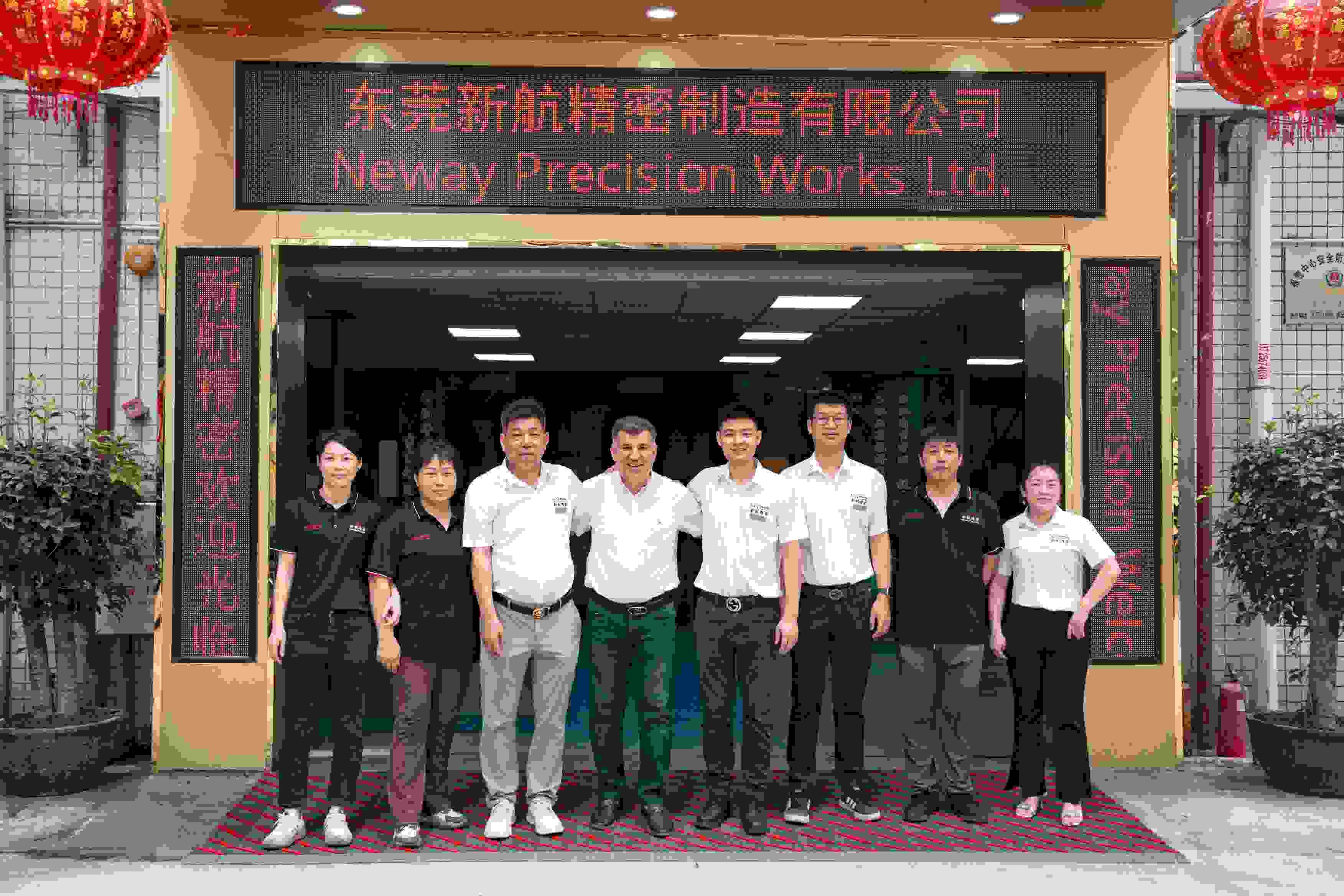What certifications are required for aluminum die cast medical parts?
What Certifications Are Required for Aluminum Die Cast Medical Parts?
Regulatory Overview for Medical Die Cast Components
Medical-grade aluminum die cast parts must comply with stringent international standards to ensure patient safety, device reliability, and traceability. These certifications address material biocompatibility, process control, and quality management throughout the production cycle. Neway adheres to key global certifications when manufacturing aluminum die casting components for medical devices.
Core Certifications Required
ISO 13485: Medical Device Quality Management
ISO 13485 is the primary international standard that outlines requirements for a comprehensive quality management system (QMS) in medical device manufacturing. It mandates strict process control, documentation, and traceability. All medical aluminum die cast parts must be produced under an ISO 13485-certified system to ensure regulatory compliance and product consistency.
ISO 9001: General Quality Management
ISO 9001 is a foundational certification ensuring process standardization and continual improvement. While ISO 13485 is more specific, ISO 9001 certification is often required as a base QMS credential when manufacturing non-implantable medical hardware and diagnostic equipment components.
RoHS & REACH Compliance
Alloys used in medical die casting, such as A360 or ADC12, must comply with RoHS (Restriction of Hazardous Substances) and REACH regulations. These certifications confirm that no toxic substances like lead, cadmium, or mercury are present in the material composition or finishing process.
Biocompatibility Standards (ISO 10993 or USP Class VI)
While die cast aluminum parts are generally used for housings or structural components rather than direct contact with human tissue, surface finishes like anodizing or powder coating must not compromise biocompatibility. Where applicable, surface treatments must comply with ISO 10993 testing for cytotoxicity and skin irritation.
FDA Registration (for U.S. Market)
Die casting manufacturers providing parts for FDA-regulated medical devices must follow FDA 21 CFR Part 820 (Quality System Regulation). While this is the responsibility of the device OEM, suppliers like Neway must maintain traceable production records and provide full material certification.
Material and Process Documentation
Neway provides complete material certification packages with each order, including:
Chemical composition reports of alloys such as A380
Process validation reports for post-machining and surface finishing
Dimensional inspection reports and CMM validation
Batch-level traceability for serialized components
Medical Casting Services Offered by Neway
Neway supports medical device manufacturers with fully traceable and compliant aluminum die casting, rapid prototyping, and tool and die services. We offer post-processing like anodizing and cleanroom-ready assembly to meet the needs of Class I and II medical devices.



